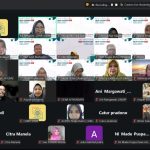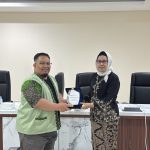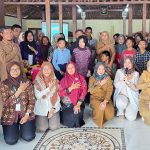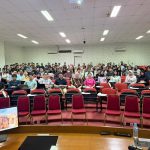Wednesday (09/03) the virtual discussion forum Raboan Discussion Forum was again held by the Center for Bioethics and Medical Humanities (CBMH FK-KMK UGM). On this occasion, CBMH FK-KMK UGM invited Prof. Dr.dr. Soenarto Sastrowijoto, SpTHT-KL(K) raised the topic with the title UGM, Pancasila, and Bioethics. The forum is also chaired by dr. Wika Hartanti MIH as moderator.
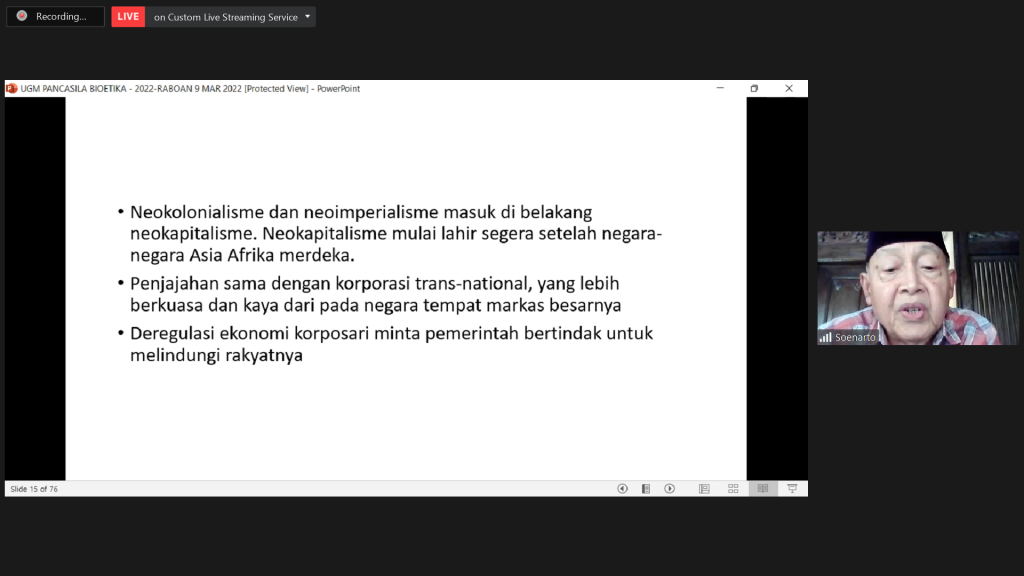
Prof. Soenarto started his presentation by explaining the origins of UGM’s establishment. Government of Indonesia, and Prof. Dr. Sardjito as President of UGM (1949-1964). The university, which is now a leading university in Indonesia, is here to carry out the task of improving the quality of the younger generation.
The efforts made for UGM to reach this position are not easy. It is necessary to fight for UGM to become a leading university in Indonesia and even the world. However, thanks to these efforts, in 2020, UGM received a mandate from UNESCO to become the 8th UNESCO Chair on Bioethics. This is a difficult task because UGM has to become a university that continues to develop bioethics science.
When discussing development, it never hurts to look back at the basics. Prof. Soenarto then continued his explanation referring to the basic ideology of the Indonesian nation, namely Pancasila. The five precepts contained in Pancasila are the perspectives used in the life of society, nation, and state in Indonesia. As the basis of all views of the Indonesian people, Pancasila can be the basis for developing the science of Bioethics, which is better known as New Bioethics (The New Sense of Bioethics).
According to Prof. Soenarto, The New Sense of Bioethics prioritizes the contribution of local wisdom. Pancasila, which puts forward the principle of gotong royong (cooperation), can be applied more broadly or globally in everyday life. The principle of the New Bioethics which always in the side of vulnerable groups, is in line with the principle of gotong royong in Pancasila.
To develop the principles of Pancasila in the New Bioethics (The New Sense of Bioethics), the role of the younger generation is needed to continue to strive for it. In this case, UGM as higher education has an important role to continue to promote and support these efforts.
Download the material here
Watch the full video here

